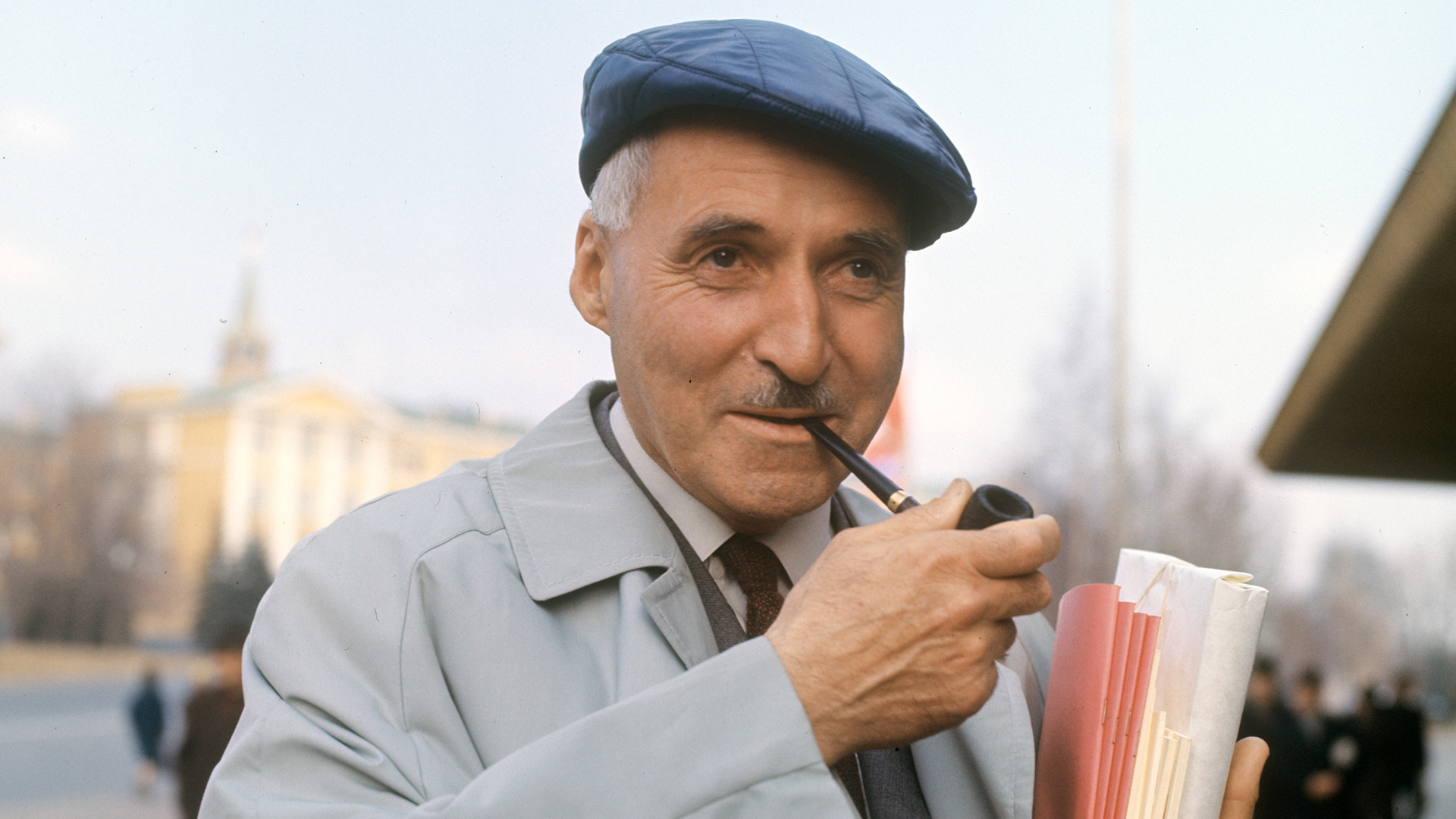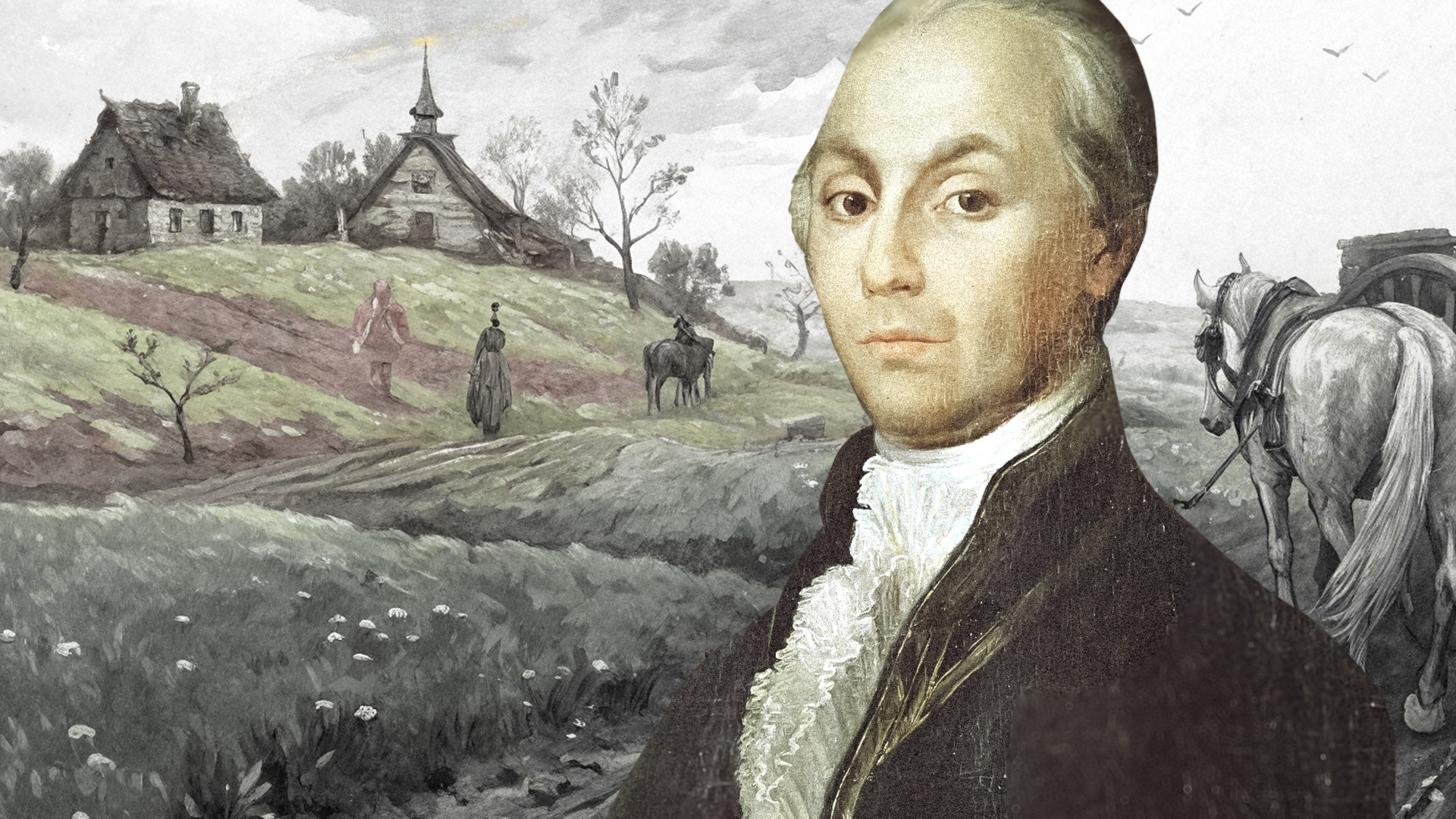
What Russian classic writers said about laziness

“The Russian man has an enemy, an implacable, dangerous enemy, without whom, he would be a giant. This enemy is laziness or, better to say, a painful lull that overpowers the Russian. Many thoughts, not accompanied by embodiment, have already perished fruitlessly. Always remember that every wasted minute here will be inexorably asked for there and it is better not to be born than to pale before this terrible reproach,” wrote Nikolai Gogol, author of ‘Dead Souls’. Leo Tolstoy echoed him: “There are absolute shortcomings, such as: laziness, lies, irritability and egoism, which are always shortcomings.”
The Art of Doing Nothing

Tolstoy did not forget to write about his laziness in his diaries. “July 5, 1855. Facts: laziness, laziness, laziness.” “July 12, 1855. Didn’t write anything all day, read Balzac, did nothing but work on a new box. 1) Laziness, 2) Laziness, 3) Laziness…” “January 9, 1854. 1) Got up late. 2) Got hot, beat up Alyoshka. 3) Was lazy. 4) Was disorderly. 5) Was sad.”

Ivan Turgenev had similar feelings: “My health is decent, but inactivity is absolute. This is no longer laziness – it is some kind of stagnation, like those “white-winged visions” that “stagnate in this half-darkness”.
Work is not a wolf
Even when deadlines were pressing, writers were not in a hurry to start writing new chapters or poems. “There is no money and I’m too lazy to work. Send me shelves for the position of my teeth. But, I will keep my word: I will be lazy in May and, from June 1, I will sit down to work,” promised Anton Chekhov.

“I still haven't started work and I'm unlikely to start. Something is spinning in my head, but laziness… laziness… laziness!” admitted Turgenev.

Poet Alexander Blok tried to overcome apathy, but it didn't work very well: “Yesterday, at night and in the morning – shame for myself, for laziness, for my ignorance among other things. It's not too late to learn languages.”

“My mood is vile, besides I feel physically bad, too. I don't feel like working. And, in general, I do not want anything, some kind of apathy, completely uncharacteristic of me,” lamented Maxim Gorky.
Leo Tolstoy, however, was happy that he had an excuse for not doing anything: “I sat down to work in the morning, but I didn’t do anything and was glad when Gorchakov came to stop me.”
The geography of laziness
In the city, in the village, abroad – if you’re going to spend your days in idleness, you can do it anywhere.

“Having arrived in the village, I thought I’d sign. But, it wasn’t to be. A headache, household chores, laziness – a lord's, a landowner's laziness – have overcome me so much that God forbid,” Alexander Pushkin reported from Boldino to writer Vladimir Odoevsky.

And nothing could make Nikolai Gogol go for a walk: if you do nothing, then it is better to be in comfort. “There are an awful lot of places to walk around, but I am so lazy that I can not bring myself to look at everything. Every time, I plan to get up early and almost always oversleep,” he wrote to his mother from Baden-Baden.
Even if the writer was able to go on the road, it does not mean that he would fulfill everything he had planned. “You’ve rarely traveled and do not know what kind of thing travel laziness is. It used to happen that you would give someone your word to visit them, you would swear, but then you pulled up to the station… it was night, stuffy, lazy… you wave your hand and drive on,” explained Chekhov.












